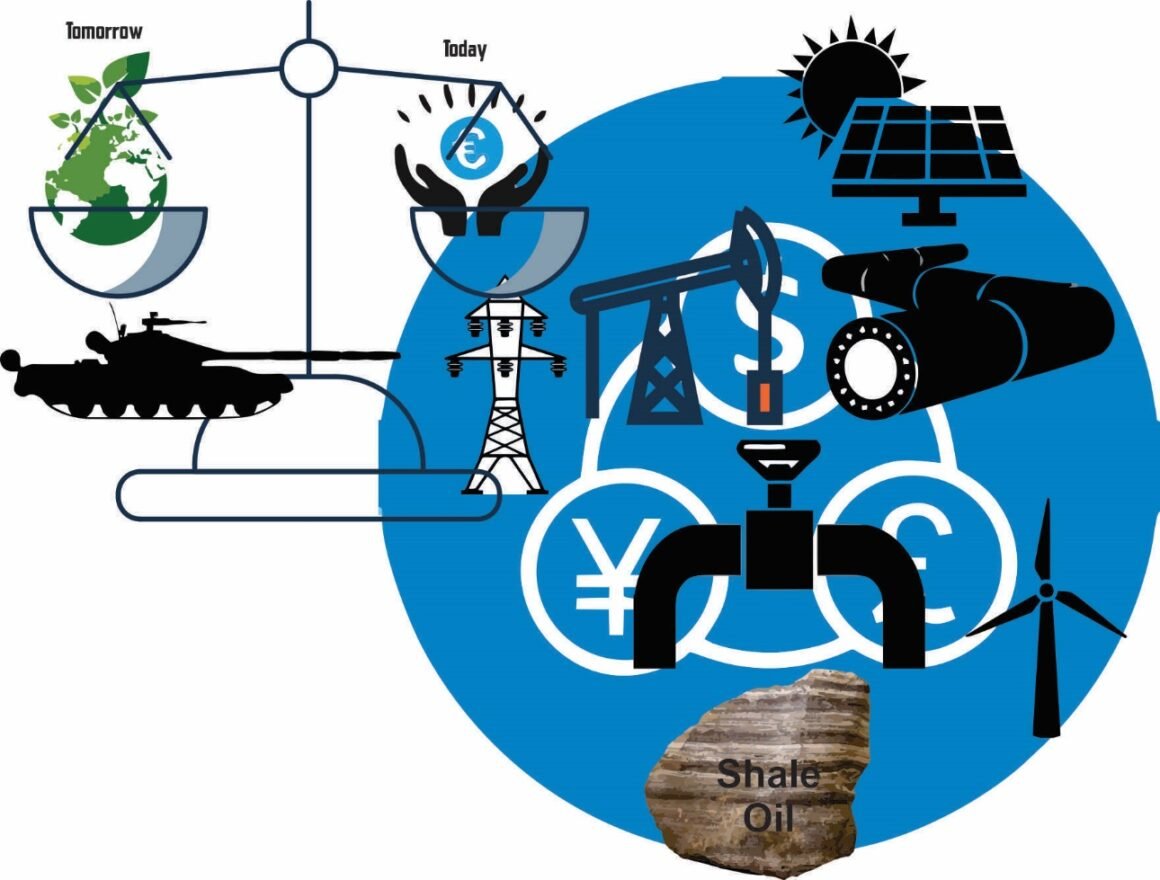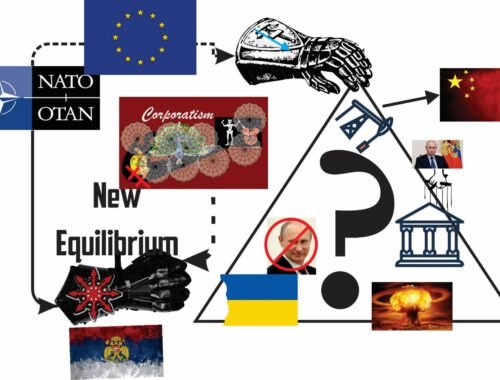
Thoughts on Ukraine, Part 3: Energy, the Critical Asset
When I served in the US European Command twelve plus years ago as the Deputy J5 and the J7, we had many concerns. But a key one, for me at least, was the European dependence on Russia for energy. We had one especially cold winter that highlighted the vulnerability. This happened as the Bush II administration was aggressively pulling US forces out of Europe. “Old Europe” as the SECDEF derisively called it. During this time, we also watched as the Russians invaded Georgia and “liberated” two northern provinces. Yes, the Russians had problems, but they accomplished their objectives and the west did little or nothing about it. The handwriting was on the wall for those to see.
For a moment, let us turn the Wayback Machine to 1973 when I was a freshman in high school. The Arab oil embargo shocked us all. Perhaps, unfortunately, it was too short to be a true punctured equilibrium. The world had an opportunity to find a new source of energy and it did not. Where would we be today if it had?
Energy is the number one national security challenge. No, I do not mean figuring out how to run tanks on electric power. I mean the dynamics and economics of energy. As long as we remain a petroleum based power, we will transfer vast sums of money to powers that probably do not have our best interests in mind.
The figure above has a set of scales balancing clean, renewable energy and the needs for current prosperity. At the moment, current prosperity is tied to petroleum energy. But as the tank shows, the petroleum comes with implicit vulnerabilities. Vulnerabilities were are now seeing played out in the Ukraine crisis.
 For a brief moment, even though the source was petroleum, the US was energy independent and capable of exporting energy. Then, in a stroke of pen, that moment was gone like a soap bubble punctured by a young child chasing it. US energy independence disappeared.
For a brief moment, even though the source was petroleum, the US was energy independent and capable of exporting energy. Then, in a stroke of pen, that moment was gone like a soap bubble punctured by a young child chasing it. US energy independence disappeared.
The Russian invasion of Ukraine is a punctured equilibrium that can lead to many things. Perhaps one outcome is energy independence both today and tomorrow. Most of the world’s petroleum is owned by either kleptocratic regimes like Russia or by regimes locked in the so-called resource curse. Countries locked in the resource curse or trap get hooked on the revenues coming in and rarely diversify and the money from the resources often goes to a core group rather than improving the country as a whole. Countries caught in the resource trap often become kleptocracies.
In the short term, the US needs to re-open its petroleum sources and provide klepto-free energy to the west. However, the west needs to get serious about renewable energy and get off the petroleum addiction. And I do not mean buy more Priuses and other hybrids/electric cars. These cars need to be recharged, and that means petroleum-based power plants. The optics are good, and politicians can get good soundbites, but it really solves nothing and could make the problem worse.
In the short term, the US needs to produce and export petroleum sources of energy to Europe as well as consume them at home, so Russia no longer has an iron grip on the European economies.
If this is truly the core national security problem, perhaps we need to divert some of the funding from the Defense Department into real research and development. R&D that is not hostage to political vicissitudes and machinations, but is apolitical and aimed at true, renewable, affordable, and reliable energy independence.

Figure NASA Photo of an Apollo Liftoff
This can, and should be, the equivalent of the Apollo program to get to the Moon, by the end of a decade.





